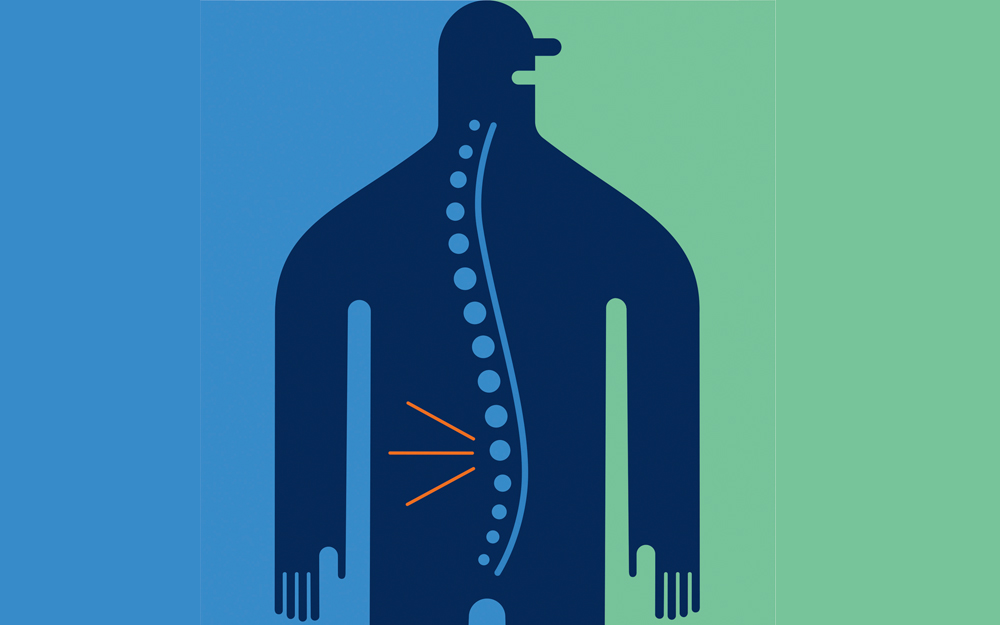AI Predicts Opioid Addiction
Date
April 20, 2023

Date
April 20, 2023
Medical providers featured in this article
In Brief
{{cta-block}}
Cedars-Sinai investigators have made exciting progress in machine-learning algorithms to predict postsurgical pain, medication dependency, readmission rates and other key outcomes in spine surgery. In time, this tool—which uses thousands of variables—could give patients personalized predictions of their long-term pain levels and function before they decide on surgery.
The surgeons are collaborating with Jason Moore, PhD, chair of the Department of Computational Biomedicine, and other experts. Together, they aim to preserve the ultimate goal of medicine—do no harm—while enhancing clinical practice. Thus, the goal is to identify those who may require support weaning off of opioids, as well as facilitating more intensive interventions to patients at greatest risk of suboptimal outcomes.
Read more about the promise of integrating AI into medicine in our special report:
The Human Factor of Artificial Intelligence
Applying this knowledge to proactively provide support services—rather than deny surgery to at-risk individuals—is at the heart of the collaboration’s mission.
"When patients come here, they’re getting the best in technology as well as the highest level of accurate decision-making," says Corey Walker, MD, assistant professor of Neurosurgery at Cedars-Sinai. "They’re getting a care team that is thinking about these things, examining the data and applying knowledge from these studies to carry the field forward."





